Almost every programmer feels the need to find the best development tools. These can be editors, libraries for managing tasks, frameworks for simplifying work on projects, etc.
Tools make work easier and at the same time increase productivity.
Of all the tools developers have ever used, the text editor is the hardest to pick. Livecoding.tv streamers use a variety of editors, and almost everyone vehemently defends their choice.
Not to mention that there are separate communities for each popular editor. In the end, everyone has their own preferences, their own arguments for and against.
The editor plays a central role in any developer workspace. Code is written, debugged, and executed using a text editor.
Choosing the perfect editor for your work can be a daunting task that involves: testing, personal preference, and the final decision. Before you make your choice, we'll take you on a tour through the best editors 2016 of the year.
We will discuss 6 editors in detail, but you can find other, lesser known editors at the end of the article.
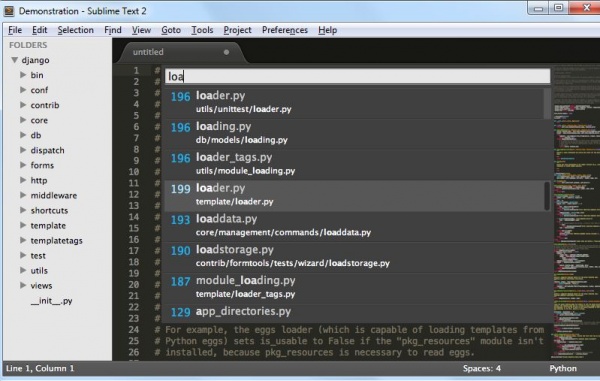
Sublime Text editor is one of the best text editors today. It's a great alternative to powerful IDEs, it's lightweight and does its job with great efficiency and precision.
Sublime Text has tons of features that will make you feel the power at your fingertips. But, like any tool, it is not perfect. Let's take a look at the pros and cons of using Sublime Text editor.
Advantages:
Flaws:
All in all, Sublime text is a great editor to work with. You can use it for free with an infinite trial period. If you don't like popups, you can purchase the editor for $70. It works on all major OS - Windows, Linux and Mac OSX.
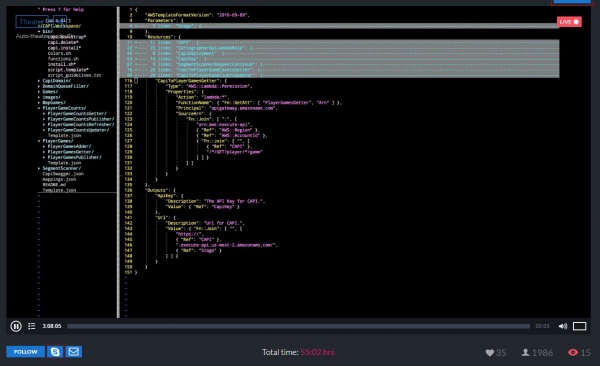
Vim has stood the test of time and is one of the oldest editors in history.
Vim is very popular among developers and other computer enthusiasts who are obsessed with fully customizable editors.
Vim is famous for two reasons. Firstly, it can work with just a keyboard, without a mouse.
Secondly, it is present in almost all Unix machines. So, portability and ubiquity is a key feature of Vim.
Advantages:
Flaws:
Also read how to create .
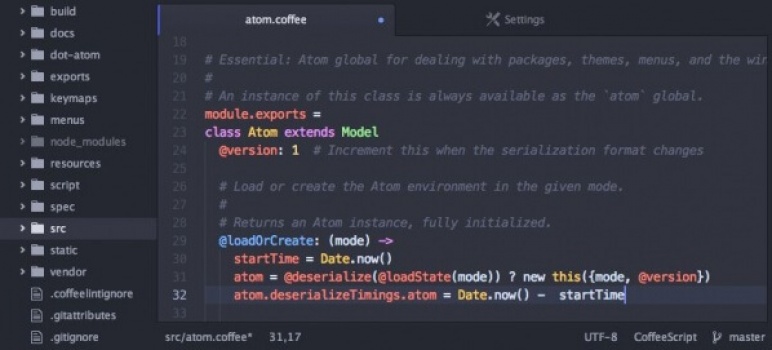
Atom was introduced a year ago and is known as a modern, highly customizable open source editor. Despite the use of browser technologies, Atom is not a web application, but in fact, it is a specialized version of Chromium, in which each tab acts as a locally rendered web page.
Advantages:
Flaws:
If you are looking for a free, open source editor, Atom is perfect for you. It is highly mobile and available for all three major OSes. However, using Atom in large projects is undesirable.
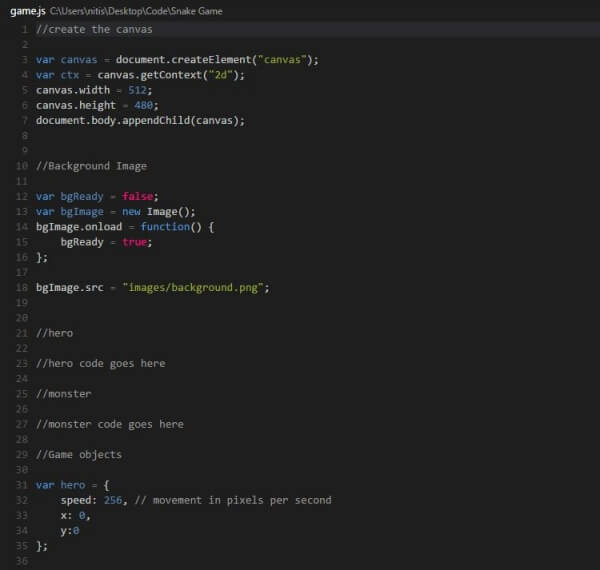
Visual Studio Code is a Microsoft product that aims to allow developers to code without downloading the massive Visual Studio (3GB+). Visual Studio Code is a lightweight, open source editor that works equally well on Windows, OS X, and Linux. The main features of Visual Studio code include support for more than 30+ languages, auto-completion, easy navigation, and more. It also includes Git and debugging tools to make development easier.
Advantages:
Flaws:
Visual Studio Code is a great choice for developers who don't want to download and use bulky IDEs. It's small, cuddly, and most importantly, it does the job!
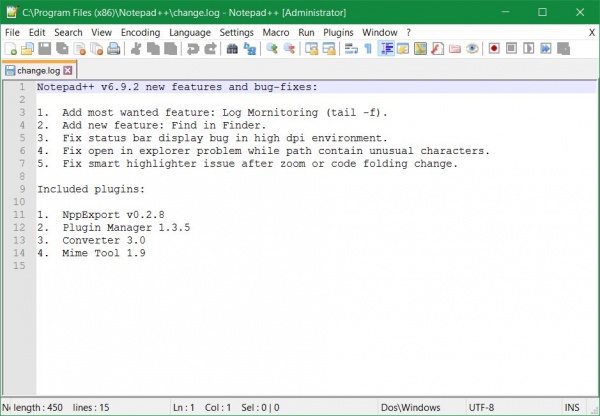
Notepad++ is another open source editor. In general, it resembles a vanilla notepad that supports tons of programming languages. Notepad++'s biggest advantage over the other text editors listed here is the fact that it can handle large files without any major lag or crashes. It is very fast and light. In addition, its functionality can be extended with hundreds of plugins available.
Advantages:
Flaws:
Notepad ++ is perfect for those who are satisfied with the simple interface and feature set. It will help you quickly and easily create new products.
Our last text editor that we will be discussing in detail is the open source editor “Brackets”. Brackets is not a universal editor, it is focused on front-end development and supports a wide range of front-end technologies.
Advantages:
Flaws: